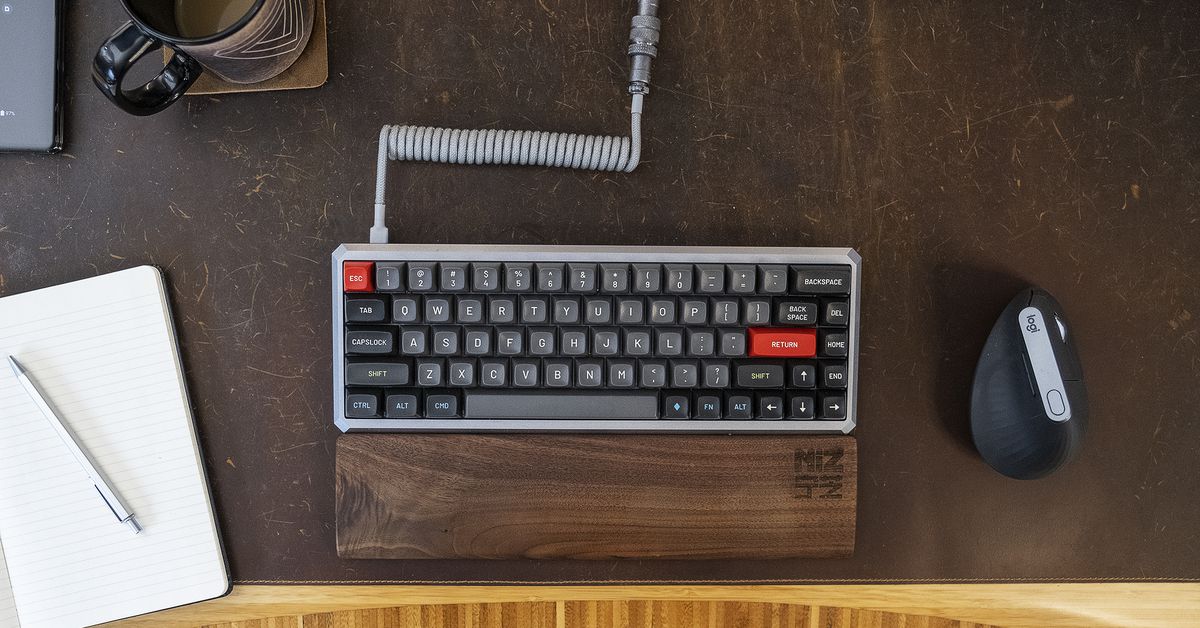Microsoft has a better take on AI search than Google
Bing has previewed its version of an AI-powered search engine -- and it looks pretty promising.

 Microsoft
Microsoft
Bing has released a blog post previewing its new AI-powered search experience — basically its version of Google AI Overviews, but better. Instead of Google’s generated blocks of text suggesting that people add nontoxic glue to their pizzas, Bing’s plans include bespoke spreads of information, including links to sources and further reading.
An example from the blog shows the query “how long can elephants live,” and the AI-generated results begin with the following answer in large font: “Up to 70 years in the wild and 88 years in captivity.” There’s also a link to the source beside it, along with further excerpts from the same webpage. It then branches into related sections like “factors that affect lifespan” and “oldest known elephants.” And at the top left, there’s an index outlining all the topics covered.
 Microsoft
MicrosoftAll of this is laid out on the left side of the webpage while the right is dedicated to the traditional search results. Microsoft notes that early data suggests this approach doesn’t affect the number of clicks to websites and “supports a healthy web ecosystem.”
What’s exciting about this is the possibility of instantly getting the exact answer to your query without even needing to click anything. This experience does exist with Google in some simple situations — if you search “how old is Biden,” for instance, his age appears at the top of the results page, and it’s great. So, imagine if that was the default for any question you asked — instead of having to click an SEO article and scroll down five paragraphs to find your answer, it’d just be right there at the top of the results page.
As well as being useful for quick answers, the links to further reading and related topics could be great for research and learning. Microsoft claims that Bing “understands the search query,” implying it could also help provide users with the results they want even when their query isn’t very specific. This is something large language models can already do — I’ve used ChatGPT to help me find a Jane Austen quote that I could only vaguely remember the theme of — but it would be great to have this ability embedded right into a search engine.
However, with everyone else struggling so much with accuracy, Microsoft must also be facing the same problems. Requiring generated results to include links to sources will certainly help people fact-check what they’re reading, but getting accuracy rates up is essential if the company really wants this feature to be useful.
Right now, the generative search is still in the early stages, and Microsoft says it will just be delivering the feature to a small percentage of user queries to test and gather feedback. We all feel a bit burned after the trainwreck that is Google AI Overviews, but let’s hope this next attempt from Microsoft will do a better job.
Willow Roberts is a contributor at Digital Trends, specializing in computing topics. She has a particular interest in Apple…
Google has a chance to take on the Quest and Vision Pro in a big way
Over the years, Google has made many attempts at pushing VR and AR ahead, whether it was Google Cardboard, Google Glass, or Google Daydream. All were failed projects, ultimately.
But with the introduction of the Vision Pro and Meta's recent announcements, there's never been so much interest in extended reality (XR) headsets and AR glasses. And with the Google I/O developer conference coming this week, there are rumors that Google may make another venture into this technology.
Google’s in the game
Apple’s launch of the Vision Pro doesn’t necessarily demand a response from Google. It's a relatively niche device given its high price. But we know Google is in the game based on some recent hints.
The 5 best laptops with numberpads
Numberpads, also called numeric keypads, have become far less common in recent years, even on 15-inch laptops and larger. They're best for users who enter a lot of data as well as for some gamers who like the isolated and easily accessible number keys, but their downside is that they take away room on the keyboard from the standard keys and they can result in an off-center touchpad.
You can buy external numberpads, which is fine for when you're at a desk. But if you're often on the go and work in spreadsheets and other number-heavy applications, then you'll want one built in. Here are some of the best laptops with numberpads you can buy today.
Lenovo Yoga Pro 9i 16
The 10 best VPN services for 2024, reviewed by experts
You rely on the internet to stay connected to friends, family, and coworkers, monitor the news, shop, pay bills, and more. That makes privacy and security more important than ever, and a virtual private network (VPN) is one of the easiest, cheapest, and most effective ways to hide your location and safeguard your online activities from unwanted network intruders.
But if you're having trouble choosing the right VPN service for your budget and security needs, don't worry: We can help. Below, you'll find a list of the best VPNs around. Our comprehensive guide to the best VPN services covers pricing, features, and all the information you need to make an informed decision.

 JimMin
JimMin 


































